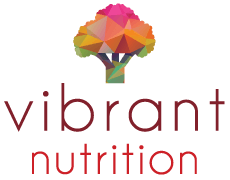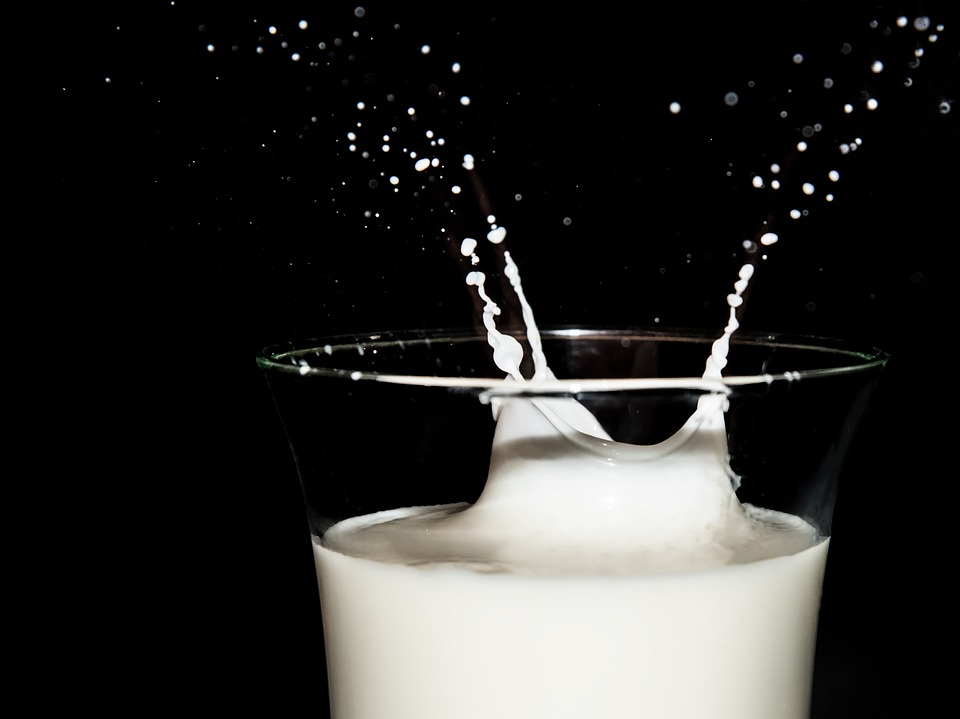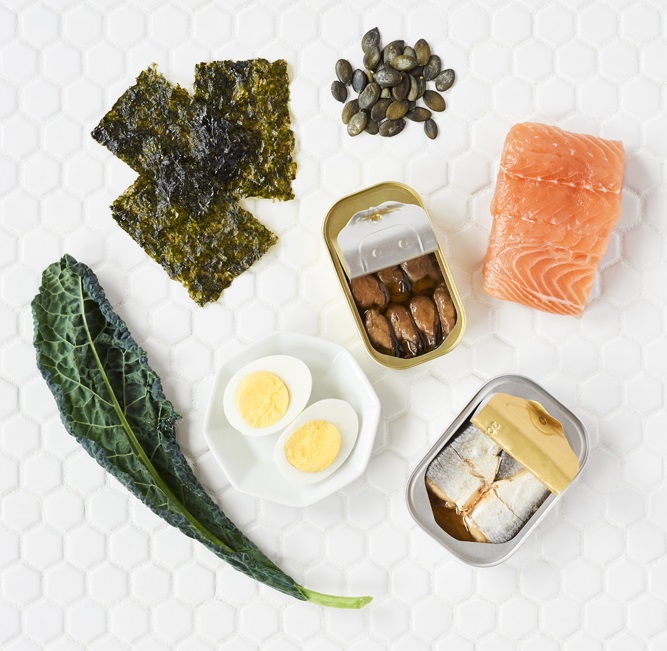March 10th, 2017
Milk Battles
Many families are confused about which, if ANY, milk they should give their child.
Is dairy really all that bad? Are the alternatives even better? Almond, soy coconut, hemp – there are so many options in the ever-evolving world of alternative milks.
There are many ways to get calcium-rich foods in the diet, but a milk-type drink is a common choice. In my practice, I often see a lot of confusion about which is the right choice for a given family. Due to perceived health benefits, allergies, ethical and environmental reasons, people may have one or all or none of these in their fridge, so really, what’s the difference?
In this post, I’ll break down the pros and cons of each type of milk.
But before we get to that, there are two big DON’Ts, when it comes to topping up your littles’ diet with a nutritious fluid:
- None of the milks or beverages below are appropriate in any way to give to infants (babies under 12 months old)
- None of the plant-based or non-dairy options are appropriate in any way for children under 2 years of age (meaning, even after they turn 1, plant-milks are a no-go)
You may be wondering why. The reason is two-fold; firstly, they take up a large part of the limited space in your child’s belly, and secondly they displace the extremely nutrient-dense fluids that babies need to properly grow and develop.
Because they do not contain the correct balance of healthy fats, calcium-to-protein ratio, or naturally-occurring nutrients, they will not help your child grow and develop the way other whole nutrient-dense foods will. As you will read below, plant-based milks can also have a lot of fillers, binders and unwanted chemicals, as well as added sugars if you are not careful.
There’s also one across-the-board DO, no matter which type of milk you choose:
DO choose full fat products for your child because they will benefit from the healthy saturated fats for their brain development. The vitamin D in milk that is full-fat is also more well absorbed into baby’s bloodstream, as vitamin D is a fat-soluble vitamin which is crucial for babies.
Animal Milks
Many people consume dairy products sourced from animals like cows and goats. Lactose is a di-saccharide sugar naturally found in animal milks that many have trouble digesting. This isn’t as much of a problem for babies from 12 months to 2 years, but sometimes the proteins in milk can be an issue.
Some babies are sensitive or even allergic to cow’s milk protein and this becomes very clear, very quickly after their first experience with dairy. Many children outgrow this allergy over time, but it can be a pitfall of animal-based milks and babies.
While you should not give babies fluid milk to a baby under 12 months old, you can start other forms of dairy around 10 months. A good starting option is fermented dairy such as full-fat plain yogurt of kefir, to help introduce the ability to digest dairy by building up the enzyme lactase in their livers so they can start having milk at 12 months.
Important point: there is a lot of confusion around hormones and antibiotics in animal milk products. Please note, in Canada it is against the law to use added artificial hormones or antibiotics in our dairy, meat and egg products, which is not the case around the world. If you live in Canada, don’t let fear of artificial hormones and antibiotics be the reason you are not choosing dairy milk.
Cow’s Milk
The most common of all milks, cow’s milk has been consumed in may cultures for thousands of years.
PROS:
- It is a whole food, with naturally-occurring nutrition, as well as fortification.
- It provides and excellent source of calcium: 1 cup gives you about 300 mg of calcium which is almost 50% of your child’s daily calcium needs.
- A great source of Vitamin D; 1 cup gives 100 units of vitamin D.
- On average, protein in cow’s milk hovers at 8 grams per cup and it’s a great source of healthy trans fats for the brain and heart.
CONS:
- Cow’s milk won’t work for those who wish to follow a vegan pattern of eating as it is animal-sourced
- Severe lactose-intolerance or Cow’s Milks Protein Allergy (CMPA) can occur in some babies
- Some babies with moderate and severe eczema may benefit from reduced dairy-exposure
Goat’s Milk
This is a LOT more popular in the past 5 years. It’s an animal-sourced dairy product that is often found in smaller grocery stores, specialty stores, health foods stores, farmer’s markets.
PROS:
- It is a whole-food, with naturally-occurring nutritional benefits.
- It is fortified like other milk to contain vitamin D (100 units)
- Higher in calcium, potassium and vitamin A than cow’s milk.
- A good source of folate, if you make sure to buy “enriched” goat’s milk (3 mg naturally occurring vs. 13 mg if enriched)
- An excellent source zinc, selenium, iron and healthy trans fats such as vaccenic acid and many other naturally occurring nutrients.
- It contains a good amount of protein (9g per cup)
- Some babies may find it little easier to digest than cow milk, due to different and smaller protein particles it contains and the specific formation of fat globules goat’s milk offers. It is also lower in lactose than cow’s milk.
CONS:
- Not suitable for those who wish to follow a vegan pattern of eating as it is animal-sourced
- Goat milk could be considered an acquired taste! Some little taste may buds find the tangy or earthy flavour hard to enjoy, but try it and give them the option of adjusting.
- Expensive and more difficult to find in many areas of the country; if you are near farmer’s markets or local goat dairies you are in luck.
- Lower in folate (when it isn’t enriched) than cow’s milk; during your baby’s 12 month to 2-year window, if you use goat’s milk, do make sure it is fortified with extra folate.
Plant-Based Milks
Plant-based milks are processed drinks, essentially created to give a non-dairy option for those who prefer no or less dairy. Most are fortified to contain nutrition and have little naturally occurring nutrition in this format (i.e. beans have lots of nutrition as a bean, but less nutrition as a watered-down drink).
They can, however, be fortified to be just like dairy products in terms of the calcium and vitamins they provide. The protein content of plant-based milks varies significantly, depending on the base grain or bean used for production.
An IMPORTANT thing to know about plant-based milks is that they contain fillers and binders needed to create a proper fluid texture that stays together in the box. Some common names for these you may have seen are: carrageenan, xanthan gum, locust bean gum, guar gum, gellan gum.
These come from a variety of sources including legumes, seaweed, and bacteria. Some recent studies in both human gut cells and in humans have shown that these disrupt the production of the healthy gases our good gut bacteria make, and perhaps then change those bacteria over time to be less healthy.
This could potentially be irritating to a young child’s digestion over time, especially those with sensitive bellies, and the long-term effects of changing your child’s bacterial balance in the gut are unknown. More research is needed in this area, but the best strategy for now is to keep the amount of fillers and binders in your child’s food as low as possible.
If you are hoping to avoid these fillers and binders, making homemade nut/grain or bean-milks is an option, but unfortunately it also means you lose out on the added nutrient fortification. So don’t consider homemade plant-based milks a source of calcium for your child, because it will contain virtually none.
Almond Milk
Almond milk is a very popular alternative to milk these days; made from filtered water and almonds. The mineral content comes from a suspension of minerals added as a powder during production.
PROS:
- It can be an alternative to milk for children over the age of 2 years, due to it’s mild flavour.
- Fortified almond milk can be a good source of calcium, vitamin D and vitamin A, but be aware that not all almond milks are fortified to the same level of calcium as animal milk and soy milk, so if you are using it to get calcium into baby, make sure you read the label to look for 30% Daily Value of calcium per cup.
CONS:
- It is expensive compared to animal milk choices, and a highly processed food
- Doesn’t work for children with a sensitivity or allergy to tree nuts or legumes
- As with all plant-based milks, it contains fillers and binders.
- Often contains a lot of added sugars, especially in the flavoured versions
- Typically, almond milk is low in protein, offering only 1 gram per cup.
Soy Milk
Although soy has been a controversial ingredient (for kids under 2, who were exclusively fed soy-based formula from birth, questions were once raised around issues with future reproductive health) current scientific data suggests that there is no clear evidence of risk, and soy-based formulas are considered safe for those infants who require them.
Soy milk is a common alternative to animal milks, especially for babies and kids who are allergic to dairy-based formulas or milk. This is an ancient food in many Asian cultures and has been extremely popular in Canada for several decades. Made from filtered water and processed soy beans that are made into a mash then fortified.
PROS:
- Fortified with a calcium suspension to supply the same amount of calcium as cow’s milk (about 300 mg).
- Source of healthy polyunsaturated fats.
- Each cup contains about 8 grams of protein.
CONS:
- Generally more expensive than animal milk choices
- Can contain lots of added sugars so look for unsweetened versions
- As with anything, excessive amounts of soy milks are not beneficial for children, due to adding excessive plant bio-actives to their delicate systems. A cup or two daily is fine for most children over the age of 2 years.
- Soy often has a large amount of pesticide residue so look for organic versions to lower exposure to pesticides for you little ones.
Can contain binders and fillers as described above, but some do not so check the label.
Rice Milk
Same product, different grain! They take rice, cook and mash with water, strain and filter to achieve a fluid drink. Any calcium content would come form the fortification process like the other plant-beverage products.
PROS:
- It can be fortified to give your child an good amount of calcium per serving, as long as you see that 30% Daily Value of calcium per cup on the label.
CONS:
- Rice products from North America tend to be higher in arsenic compared to those from India and Pakistan. This is especially true of brown rice products, and products using extracted rice syrups for sweetening or rice-concentrates for batch This is important for babies and young children as it can affect neurological development, so you want to limit drinks and snacks that may be higher in this content
Like other plant-based beverages, rice milk is low in protein, with less than 0.5 grams per cup, and may contain excess fillers and binders as described above.
Hemp Milk
Made from hemp seeds, which are cooked, mashed and strained to create a liquid. It has a more tangy, nutty and gritty taste than many of the other plant-based milks.
PROS:
- 6 times higher in plant omega-3 fatty acids than cow’s milk. These fatty acids are great for growing and developing hearts and minds.
- As with other plant-based milks, the fortified version can be a good source of calcium as long as you read that 30% Daily Value of calcium per cup on the label.
CONS:
- It is low in protein, at 1 to 2 grams
- Like the other plant-based options, it can contain lots of fillers and binders to keep the product bound together, and added sugars if you are choosing a flavoured version.
- Low in calcium if not fortified.
Coconut Milk
Newer to most people, coconut milk could refer to 1 of 2 things: actual 90% coconut milk found in cans, or newer types of beverage that are like almond and soy milk, made with filtered water and varying amounts of coconut cream.
PROS:
- Interesting flavour compared to the other milks
- If fortified, can be a source of calcium and vitamin D read the label check for 30% Daily value of calcium
- Low in carbs, calories, and cholesterol,
- Source of some fats that are polyunsaturated and saturated
- Calcium = 230 mg
CONS:
- Highly processed and contains virtually no vitamins or minerals.
- Less than 1 gram of protein
- Generally more expensive than other choices
- Usually contains binders and fillers as described above
- Can be lots of added sugars, so look for unsweetened versions
- Types of fat contained not appropriate for some people
Bottom Line
Nutrition is as individual as a finger print, so one family’s choice may be completely different than yours. The most important thing is that you are making an informed choice for your kids.
- Give your baby only breast-milk or genuine infant-formula or a combination until 12 months
- Do not give any plant-based milks to children under 2
- Make the informed choice right for your babies ethically and financially, and if you give plant-milks after they are 2 years old, keep quantities small
- ALWAYS give your baby and children vitamin D drops regardless of who wins the “milk battle” in your house!


